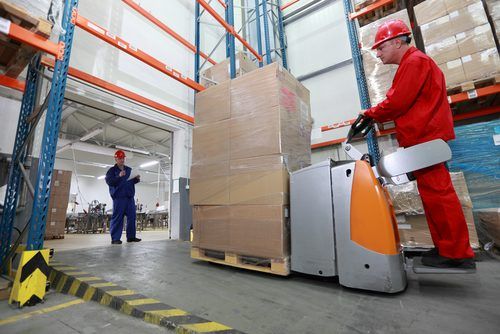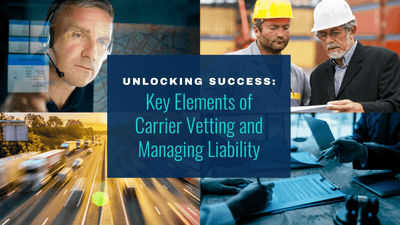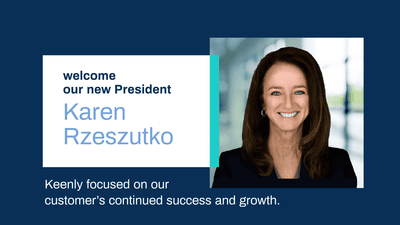October 28, 2014 | Industry Insights
Ebola Can Wreck Supply Chains

Ebola Can Wreck Supply Chains
Shippers are likely to experience major delays and growing supply chain costs as they transport goods to and from West Africa as Ebola containment measures become more stringent, according to an analysis done by Business Monitor International.
At least one cargo carrier has initiated Ebola inspections on all shipments to and from the region. Those inspections are not free. German carrier Hapag-Lloyd announced plans to charge US$250 per TEU and US$350 per FEU on cargo shipment to Senegal, Ivory Coast, Ghana, Togo, Benin and Nigeria. Business Monitor International expects other carriers to follow suit.
Ports in Sierra Leone were shut down for three days in September, stranding people and goods. In South Africa, the state’s port authority and leading operator of container terminals, Transnet, instituted new, stricter health checklists for ships arriving from high- and medium-risk countries on continent. Spot inspections for stowaways have also been bolstered. Transnet lists Guinea, Liberia and Sierra Leone as high-risk countries and Nigeria, Kenya and Ethiopia as medium-risk.
Outbound traffic isn’t the only cargo affected, notes Port Finance International. Imports of grain and rice are suffering as some carriers balk at entering ports in Ebola-affected countries. The Thai Rice Exporters Association says it’s difficult to find crews that are prepared to serve on ships going to the region. Ship owners are also concerned that ports of call that follow stops in Ebola-affected countries will refuse their ships entry, Port Finance International says. The answer so far has been to rout shipments to unaffected countries then send cargo via truck or rail to the end-user—at a substantially elevated cost.
Several shipping companies have implemented measures to protect employees from exposure to Ebola. The CMA CGM Group, which includes Delmas and Maersk, along with sister company Safmarine, have reorganized their West Africa service networks, Port Finance International reports. Part of that includes segregating shipping strings into Ebola-affected and Ebola-free ports of call. Other cargo liners have started imposing surcharges on cargo moving into and out of the region to cover costs associated with containing the virus, such as health inspections of ships’ crews by local authorities and the ensuing costs of delays and operational expenses around those delays.
Shippers’ Liability
Though it hasn’t occurred as of this writing, an Ebola finding on a ship could cause the quarantine of an entire crew and vessel, along with its cargo, and it could escalate into a mandate to destroy the cargo, Larry Lewis says in a blog post for transportation management software company Kewill. He also highlights other protective measures that could be mandated, including protective clothing for crews and port employees that handle cargo from affected regions, tighter airline cargo rules, and rule changes for storing goods awaiting shipment out of higher-risk countries. One would imagine that some kind of recordkeeping regarding cargo exposure to sick handlers would also eventually be required.
Additionally, shippers that don’t take crew safety seriously could find themselves paying out more than just workers compensation claims as regulators get more involved in the issue.
A review of your insurance protections for supply chain disruptions, crew illness and regulatory violations is in order. Insurance policies are worded very specifically and may contain exclusions for specific exposures you never thought you would encounter. As times change and hazards grow or vary, your insurance needs updating. If you have taken actions to address Ebola’s effects, you might have altered your operational or property profile as well. Talk to an insurance professional about supply chain and other concerns that have arisen from the internationalization of the Ebola virus to make sure your insurance coverage is keeping up.
We invite you to learn more about us, our experienced talent in this highly specialized area, our creative solutions, and the value we will bring to you and your clients. Please contact us at 1-800-ROANOKE.
Sources: Business Monitor, Port Financial International, Kewill













